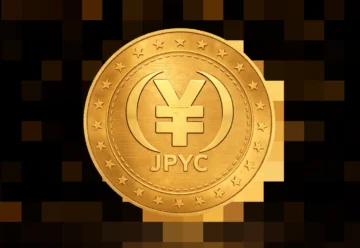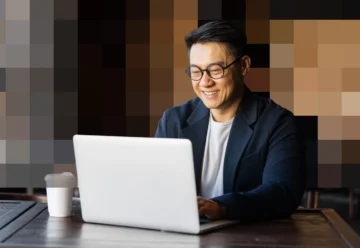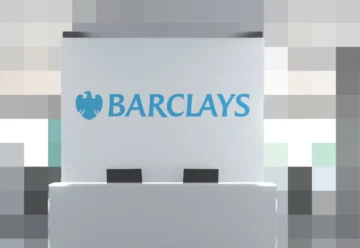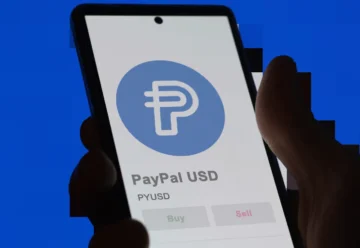Blockchain, DAOs, NFTs, and AI to Power Future Education Systems

Blockchain, decentralized autonomous organizations (DAO), non-fungible tokens (NFT), and artificial intelligence (AI) have the potential to solve all the current challenges of the traditional education system.
Mehmet Fırat, a researcher from Anadolu University in Turkey, published a study introducing the concept of Smart Open Education Ecosystems (SOEE) based on blockchain, DAOs, NFTs, and AI.
In the study, the author emphasizes the current problems of the traditional education system, particularly inequality of access and limited opportunities. Fırat proposes to create an open educational system on blockchain that uses generative AI systems such as ChatGPT for personalized learning. Lessons, learning materials, and documents will be in the form of NFTs, and the entire process will be managed through DAOs.
The author cited the main purpose of creating SOEE as the need to democratize the education system and provide students with personalized learning materials. According to Fırat, the concept of combining blockchain, AI, and Big Data will help achieve a singularity in education, with free education becoming universal.
It’s worth noting that the Turkish scientist’s study isn’t the first in this field. Back in 2021, representatives of the United Nations Educational, Scientific and Cultural Organization (UNESCO) welcomed the possibility of creating a unified education system based on blockchain. And Ukrainian scientists back in 2020 researched effective models of an educational ecosystem in the singularity environment.
However, Fırat’s study became one of the most ambitious. So the author claims that the use of blockchain technologies, AI, NFTs, and DAOs will make it possible in the future to:
- ensure accessibility and personalization of education;
- increase the quality and security of educational materials;
- establish democratic governance of the system;
- strengthen intellectual property and the value of content;
- enable global cooperation between universities;
- reuse educational resources;
- preserve and support cultural and linguistic diversity;
- ensure innovation and experiential learning.
According to the author, the results obtained in the study are preliminary and require further research and discussion by educational experts and regulators.
Read about how innovative Web3 technologies are already changing the learning process in the article by CP Media.











